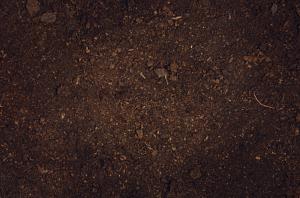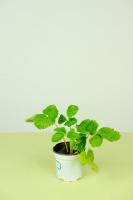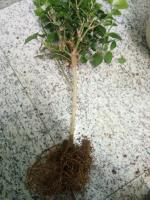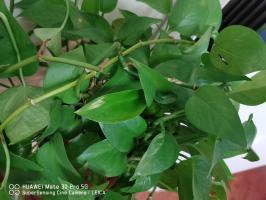Introduction
Plant food is an essential element when it comes to gardening. It provides plants with the necessary nutrients to grow and stay healthy. But what does plant food exactly do? In this article, we will go into detail about the benefits of using plant food and how it contributes to the health and growth of your plants.
What is plant food?
Plant food, also known as fertilizer, is a substance added to the soil to provide the necessary nutrients needed for plants to grow. These nutrients include macronutrients such as nitrogen, phosphorus, and potassium, as well as micronutrients such as calcium and magnesium. Plant food is often used to supplement natural soil nutrients and promote healthy growth.
Benefits of using plant food
Using plant food has several benefits for plants, including:
Increased growth: Plant food provides plants with the necessary nutrients for growth, which can result in larger plants and faster growth.
Stronger roots: The nutrients from plant food penetrate the soil, which can lead to stronger root systems for plants.
Improved disease resistance: Plants that receive adequate nutrients from plant food are less susceptible to disease and pests.
Better yield: Using plant food can result in a larger yield of fruits, vegetables, or flowers.
Types of plant food
There are several types of plant food available, including:
Organic plant food: Made from organic matter such as compost or manure, this type of plant food releases nutrients slowly and can improve soil quality over time.
Synthetic or chemical plant food: Made from inorganic compounds, this type of plant food releases nutrients quickly and is often used for fast-growing plants or for remedying nutrient deficiencies.
Slow-release plant food: This type of plant food releases nutrients slowly over time and is often used for long-term plant growth and health.
Conclusion
In conclusion, plant food is a crucial component of gardening and provides plants with the necessary nutrients for growth and health. Using plant food can result in larger plants, stronger root systems, improved disease resistance, and better yield. There are several types of plant food available, including organic, synthetic, and slow-release, each with its advantages and disadvantages. So, make sure to choose the right type of plant food for your garden needs and give your plants the boost they need to thrive!

 how many times do yo...
how many times do yo... how many planted tre...
how many planted tre... how many pine trees ...
how many pine trees ... how many pecan trees...
how many pecan trees... how many plants comp...
how many plants comp... how many plants can ...
how many plants can ... how many plants and ...
how many plants and ... how many pepper plan...
how many pepper plan...































